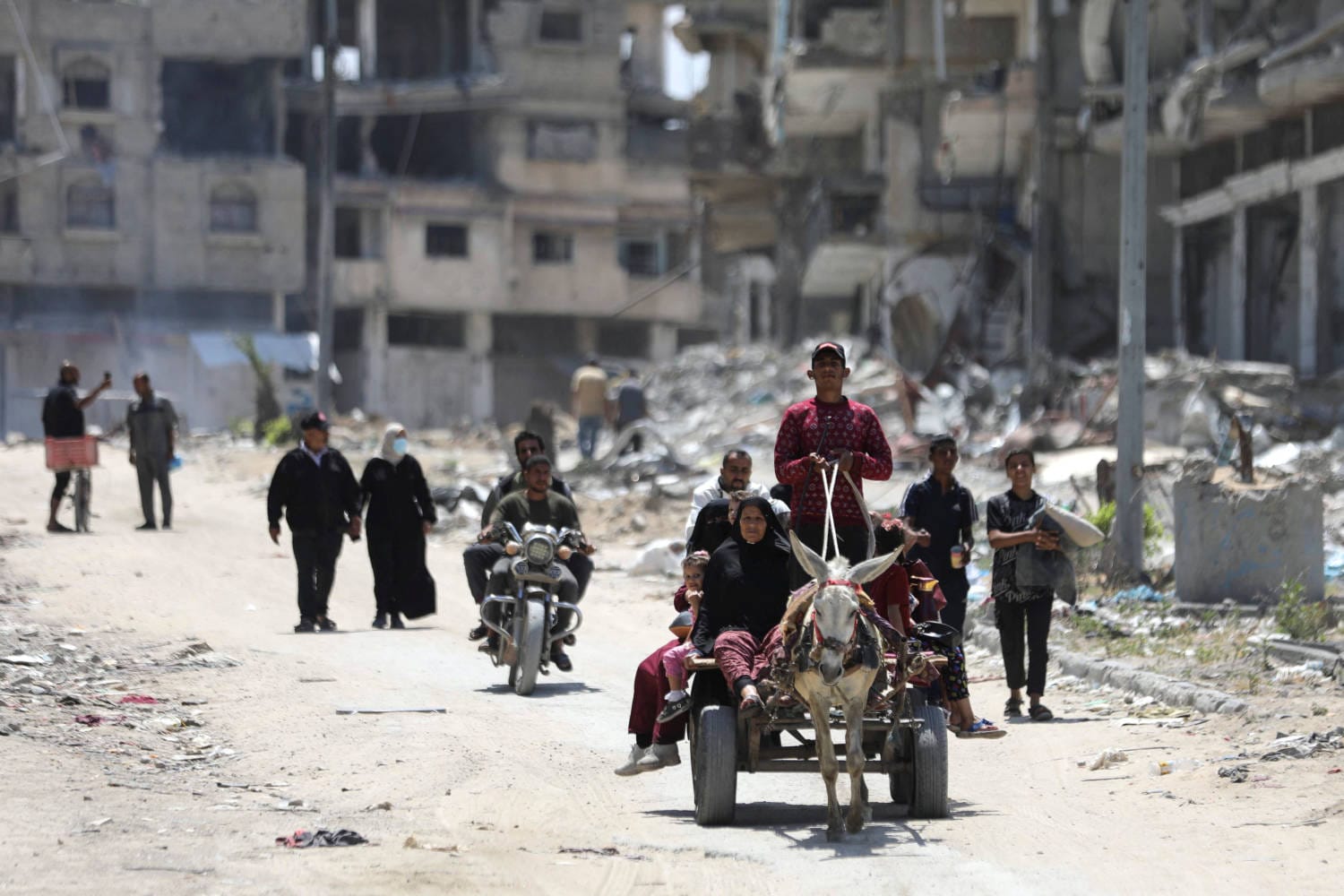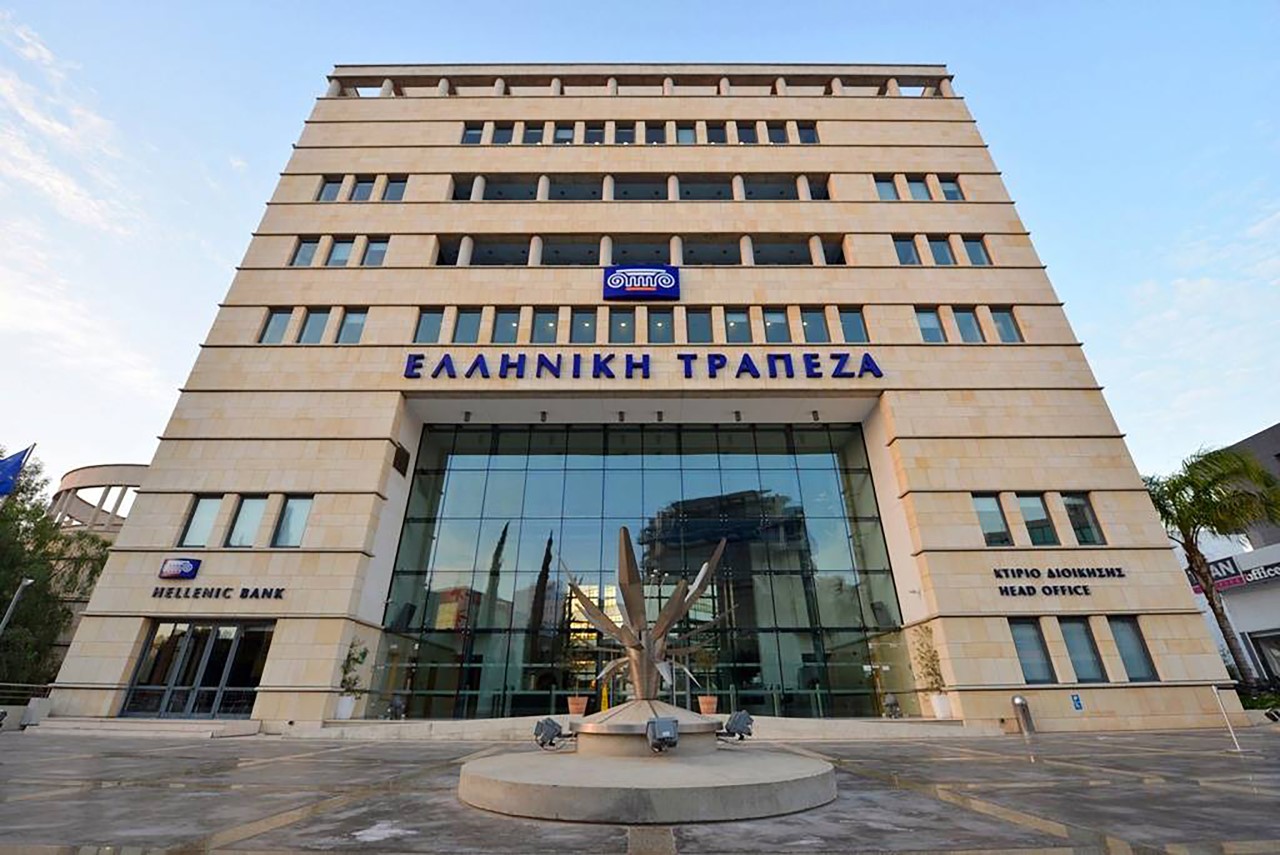“`html
Gaza’s Cash Crisis: Banknote Shortage and Profiteering
In Gaza, a severe shortage of banknotes is wreaking havoc on the local economy and daily life, as Israel’s blockade has halted the import of cash. The situation has become so dire that only a few ATMs are operational, predominantly in the southern city of Rafah, where Palestinians are facing long waits and sometimes paying fees to access cash. This has given rise to armed gangs who exploit the chaos, demanding money for expedited access to the limited cash available.
Residents, aid workers, and banking sources report that most banks in Gaza have been damaged or destroyed during the conflict, leaving the population with scant financial resources. The ongoing Israeli bombardment has led to fears of a new offensive, particularly after IDF tanks were seen entering residential areas in Rafah.
While supplies of basic goods briefly returned to some markets in April and early May, many Gazans found themselves without the necessary cash to make purchases. Now, with Israel’s continued offensive in Rafah, supplies have dwindled once more, and prices have surged.
Long lines at ATMs have become a common sight, with people waiting for days to withdraw money. In some cases, according to reports from aid workers and residents, armed gangs are charging fees for priority access to ATMs. Abu Ahmed, a public servant in Rafah, shared his experience of paying a significant portion of his salary to a gang member just to access his funds.
The Palestine Economic Policy Research Institute notes that as of May 13, only five bank branches and seven ATMs remain functional in Gaza, a stark contrast to the 56 bank branches and 91 ATMs before the war.
The Palestinian economy is heavily reliant on the Israeli shekel, and with Israel blocking cash imports since October, the financial system in Gaza is nearing collapse. Adnan Alfaleet of Palestine Islamic Bank highlighted the complete lack of liquidity now faced by banks in the region.
Despite attempts by Palestinian police to protect ATM machines, they too have come under fire from Israeli forces. The IDF has not commented on allegations of targeting police officers.
Amidst this financial turmoil, some merchants are accused of profiteering from the crisis. Reports indicate that money exchange stores and even some pharmacists with credit card machines are charging exorbitant commissions for cash access. This has led to situations where individuals like Azmi Radwan of UNRWA are witnessing their employees losing significant portions of their salaries to these fees.
Compounding the issue is the fact that hundreds of millions of shekels are trapped in bank vaults in northern Gaza due to safety concerns and lack of secure transport. The inability to move this money exacerbates the already critical shortage of cash in circulation.
As international aid continues to flow into Gaza, the lack of cash means that many residents are forced to barter or sell aid items for essential goods. Aya, a resident of Gaza City, recounted how she sold blankets from aid packages to provide small comforts for her siblings amidst the hardship.
With fierce fighting ongoing and ceasefire efforts stalling, Gaza’s residents continue to face an uncertain future where access to cash remains a critical challenge.
“`






